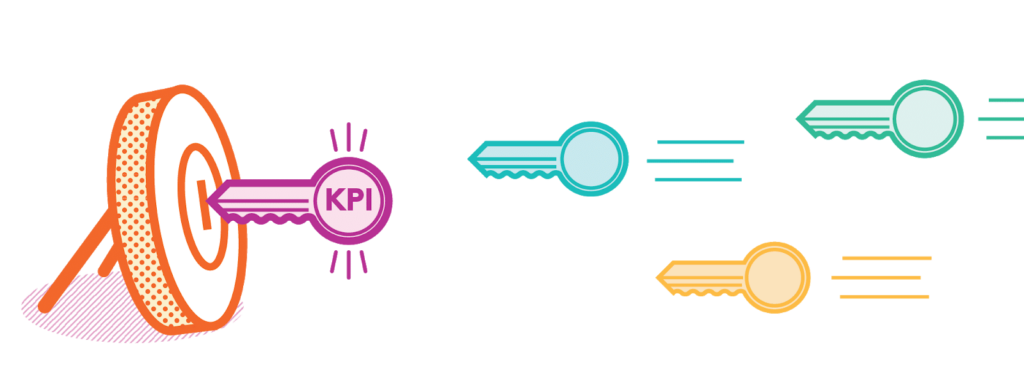Online marketing has become essential for any business in the digital age, and the success of digital campaigns largely depends on measuring and tracking performance correctly. This is achieved through the use of Key Performance Indicators (KPIs). In this article, you will discover in detail what KPIs are in online marketing and their role in measuring the effectiveness of digital marketing strategies.
Definition of KPIs in Online Marketing
KPIs are essential tools used in online marketing to quantify and evaluate progress in achieving set goals. They are specific and measurable metrics that allow marketers to objectively evaluate the performance of their campaigns. Depending on the company's goals, KPIs can vary and cover various aspects of online marketing, such as website traffic, conversions, audience engagement, or sales growth.
The Importance of KPIs in Online Marketing
KPIs play an essential role in online marketing for several reasons:
- Measuring campaign effectiveness: By establishing appropriate KPIs, marketers can evaluate how well their online campaigns are performing and whether they are meeting their established objectives.
- Progress monitoring: KPIs allow you to track the progress of marketing campaigns in real time, providing a clear perspective on their performance at each stage of the campaign.
- Guiding strategic decisions: Based on KPI data, marketers can make informed decisions regarding budget allocation, adjusting strategies, or identifying opportunities for improvement.
Examples of KPIs in Online Marketing
Conversion Rate: Measures the percentage of visitors who take a desired action on your website, such as filling out a form or making a purchase.
Cost Per Click (CPC): Quantifies the amount paid for each click received on an online ad. A low CPC indicates the effectiveness and relevance of the ad.
Cart Abandonment Rate: Measures the percentage of users who abandoned their shopping cart before completing the purchase.
Customer Retention Rate: Evaluates the percentage of customers who remain loyal and continue to buy products/services from the business over a certain period of time.
Customer Acquisition Cost (CAC): Represents the amount spent to attract a new customer to the business.
Click-through Rate (CTR): Shows the percentage of users who clicked on an ad or a specific link, compared to the total number of views.
Return on Investment (ROI): ROI is a measure of the success of online marketing campaigns based on the revenue generated relative to their costs. A positive ROI value indicates a profit, while a negative one suggests that the investment was not profitable.
KPIs are an essential tool in online marketing, providing marketers with an effective way to measure, evaluate and optimize their efforts. By focusing on these key performance indicators, companies can achieve their business objectives, thus gaining a competitive advantage in the market and building a strong online presence. Constant monitoring of KPIs allows strategies to be adjusted to maintain optimal performance and respond promptly to market changes.




